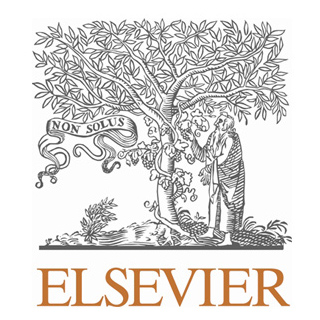
As a part of the study, experts thoroughly scrutinized data from the Early Childhood Longitudinal Study, Birth Cohort. This investigation contains a large national study of children born in 2001. Data from 6750 children was evaluated to highlight the possible relation between bottle use at 24 months of age and the risk of obesity at 5.5 years of age. Among the study subjects 22 percent were prolonged bottle users, so at 2 years of age they used a bottle as their primary drink container and/or were put to bed with a calorie-containing bottle. Around 23 percent of the prolonged bottle users were categorized as obese by the time they were 5.5 years old.
Kids using a bottle at 24 months probably had a 30 percent threat of being obese at 5.5 years. This conclusion was drawn after considering a number of factors such as mother’s weight, the child’s birth weight, and feeding practices during infancy. Dr. Robert Whitaker and colleagues believe that drinking from a bottle even after infancy paves way for obesity. It was mentioned that pediatricians and other health professionals can work together with parents to come up with acceptable solutions for stopping bottle use at the child’s first birthday.
The study will be published in The Journal of Pediatrics.
